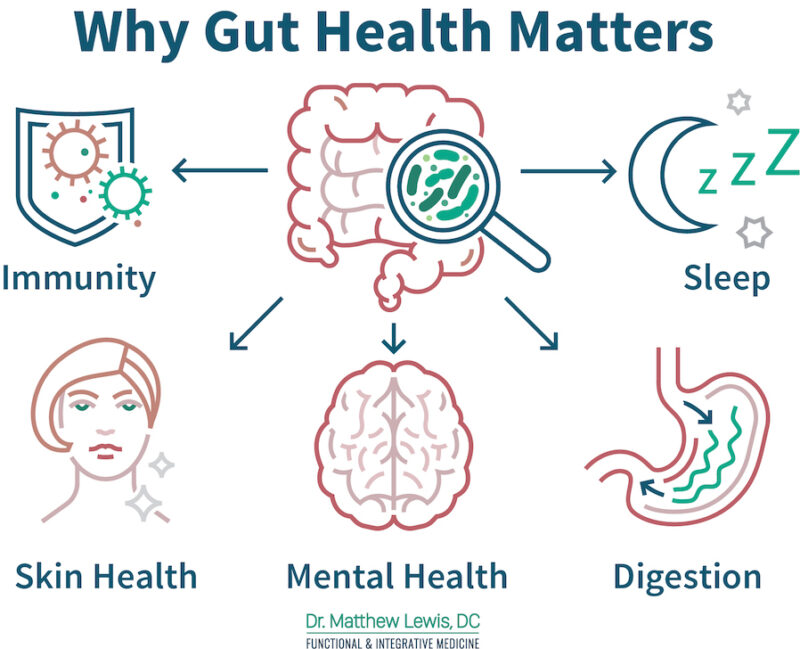Diagnosing and Treating Multiple Chemical Sensitivity (MCS)
Some medical conditions are relatively easy to diagnose with a standard blood test, urine test, or medical imaging. Among them are diabetes, anemia, impaired kidney or liver function, certain thyroid disorders, and certain infections and cancers.
However, Multiple Chemical Sensitivity (MCS) isn’t one of those conditions. In order to diagnose MCS, doctors must first be aware of the condition, and then generally must rely on a clinical diagnosis — a trained doctor’s best guess based on the signs and symptoms of the illness and the patient’s medical history, rather than on lab tests or medical imaging.

That’s a problem, because most conventional doctors have trouble accepting that multiple chemical sensitivity is a bona fide illness, and without hard evidence, such as that provided by lab tests or medical imaging, patients can’t prove that they have a medical condition. I often see patients who have been suffering with MCS for years on end. They’ve been to a half dozen doctors or more who’ve been unable to offer any explanation for their symptoms. In some cases, their doctors have gone so far as to suggest that nothing is medically wrong with them, or even led them to believe that “it’s all in your head.”
I’m here to tell you that if you’re experiencing symptoms of multiple chemical sensitivity — which I will describe in this post — you have a real medical condition. It’s certainly not a figment of your imagination, and you’re not a hypochondriac. I’m also here to tell you that bona fide medical treatments are available to alleviate your symptoms and put you back on the road to recovery.
Understanding Multiple Chemical Sensitivity
Multiple chemical sensitivity (MCS) is a medical condition that causes a person to react to low levels of certain chemicals in their environment, such as the following:
- Cleaning products
- Detergents
- Off-gassing from furniture or building materials
- Paint
- Perfumes and other fragrances
- Pesticides
- Plastics
- Tobacco smoke
- Vehicle exhaust fumes
Electromagnetic fields may also pose a risk to some individuals.
While most people without MCS tolerate low levels of these chemicals, people with MCS react to them. It’s not technically an allergic reaction, but it can trigger allergy-like symptoms that cause discomfort or negatively impact your quality of life.
Recognizing the Signs and Symptoms of Multiple Chemical Sensitivity
Multiple chemical sensitivity symptoms differ among individuals who have the condition, but generally include one or more of the following: Continue reading…









